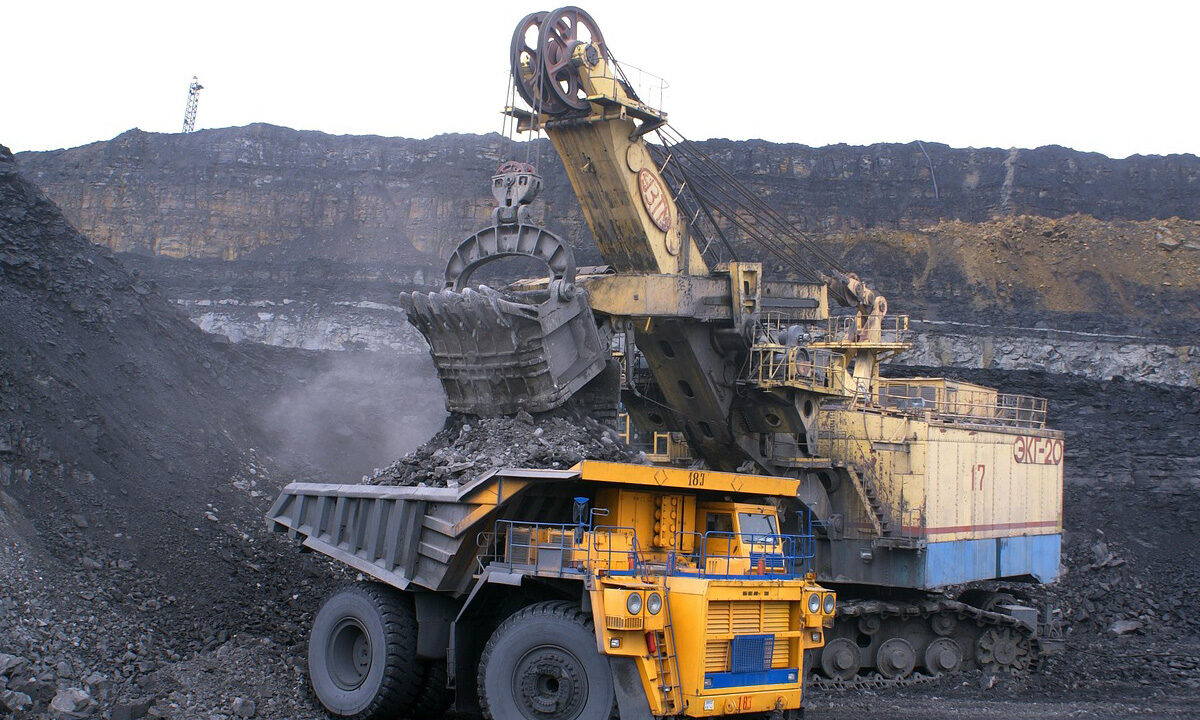The initial draft of President Donald Trump’s budget request proposes devastating cuts to NASA’s science research, future space missions, and field centers.
science policy
U.S. National Climate Assessment Likely Dead After Contract Canceled
The Trump administration has canceled funding used to coordinate the National Climate Assessment, a major, congressionally mandated U.S. climate change report produced through the U.S. Global Change Research Program (USGCRP).
The National Climate Assessment is published approximately every four years and is the United States’ broadest assessment of current climate change impacts and climate science.
Executive Order Seeks to Revive “America’s Beautiful, Clean Coal Industry”
President Trump signed an executive order to drastically reduce restrictions on domestic coal production on 8 April. It lays out plans to enable coal mining on federal lands, identify and revise existing regulations and policies that seek to transition the country away from coal production, and identify regions where “coal-powered infrastructure” can be used to support artificial intelligence data centers.
Climate Scientists Unite to Nominate U.S. Experts for IPCC Report
A new academic alliance provides a pathway for U.S. climate scientists to participate in a critical international climate report.
Majority of Polled Scientists Considering Leaving United States, Signaling “Brain Drain”
After an onslaught of funding cuts, firings, and cancelled programs as a result of Trump administration actions, scientists in the United States are feeling targeted. That’s according to the results of a poll of 1,200 U.S. scientists, published by Nature.
Survey from Trump Administration Asks Researchers Abroad About Involvement in DEI, Environmental Justice, and Climate Projects
Various U.S. federal agencies sent a 36-point survey to researchers abroad who receive U.S. funding, asking questions related to the Trump administration’s priorities. The questions cover topics such as “eradicating anti-Christian bias” and defending against “gender ideology,” and asked researchers to disclose ties to “entities associated with communist, socialist or totalitarian parties.”
Cómo pueden los vulcanólogos mejorar la resiliencia urbana al cambio climático
Las estrategias pensadas para ciudades enteras para hacer frente al cambio climático pueden beneficiarse de los conocimientos de los vulcanólogos, que llevan mucho tiempo adaptando la información y la comunicación sobre riesgos a las comunidades locales.
EPA Moves to Rewrite Water Rules Following Sackett Decision
EPA administrator Lee Zeldin announced today that the agency would kick off a review of EPA rules and redefine “waters of the United States” to ensure that the agency aligns with the 2023 Supreme Court decision Sackett v. Environmental Protection Agency (EPA), which limited the implementation of the Clean Water Act.
Funding Uncertainties Hit Undergrad REUs, Grad Admissions
A freeze, then a defrost, of National Science Foundation funding has caused turmoil among undergraduate scientists applying to graduate programs or REUs.
Crowds Stand Up for Science Across the United States
Funding freezes, firings, and censorship have sent shockwaves through the science community since January. Scientists and supporters are standing up in defense.










